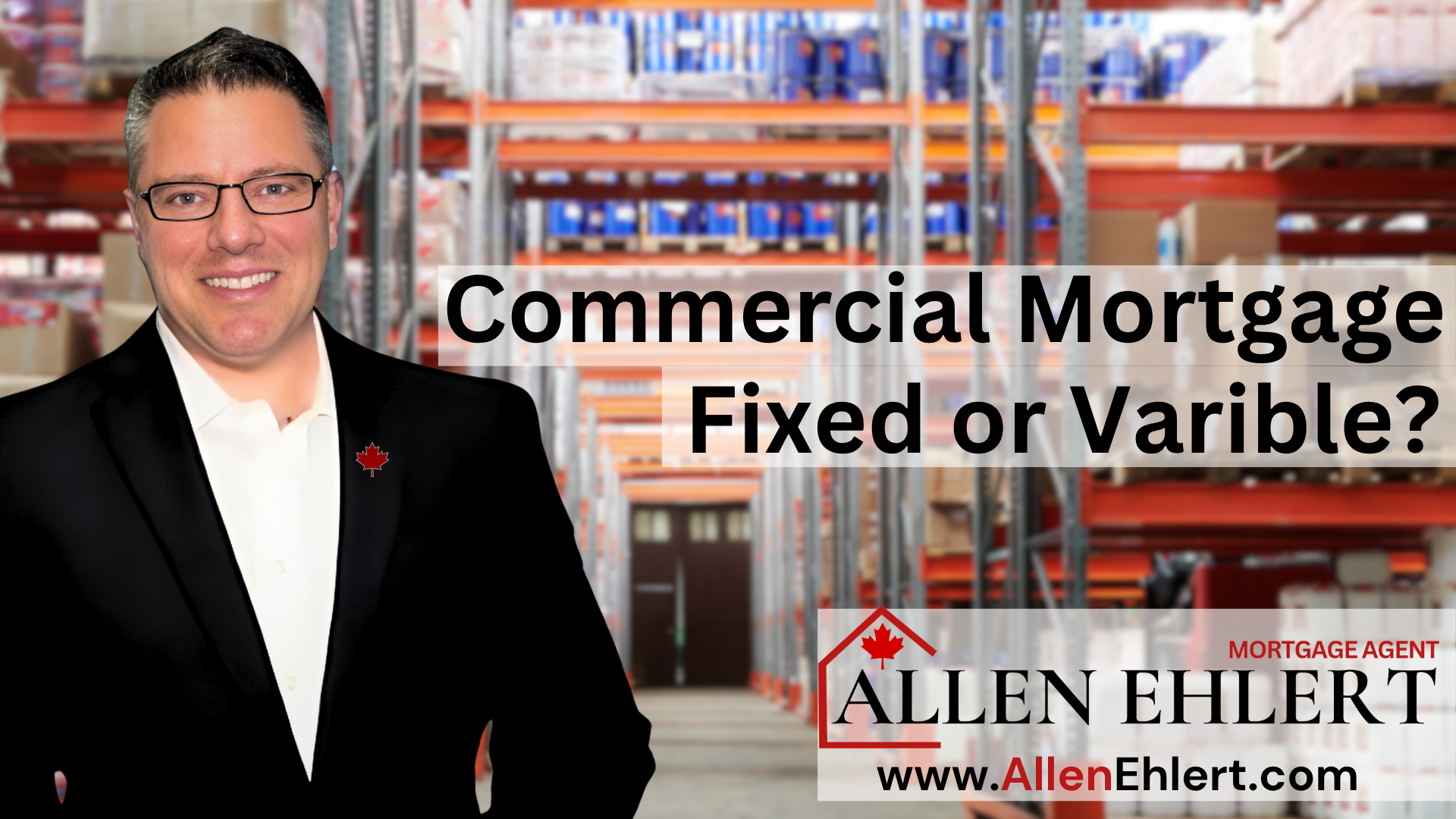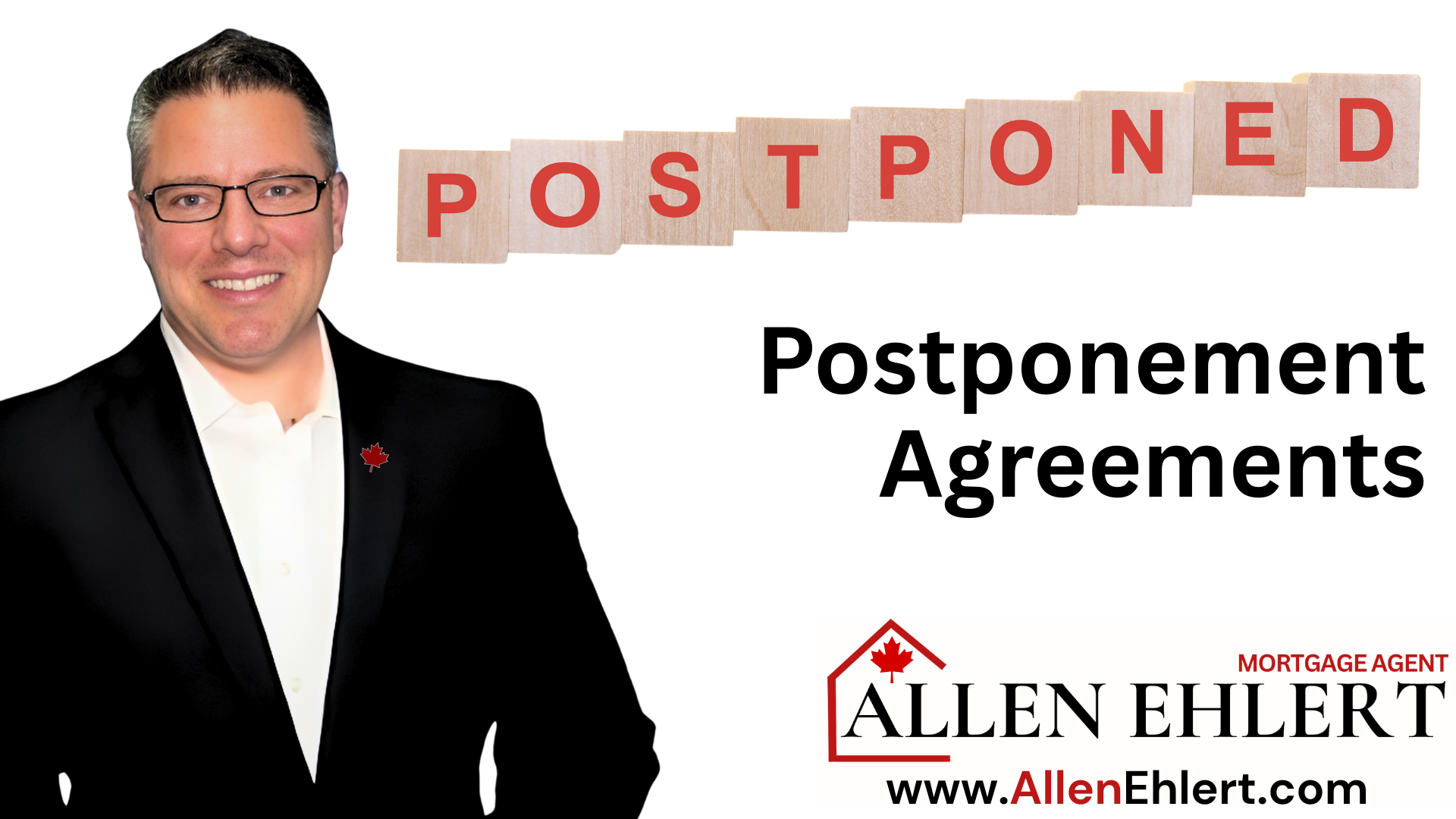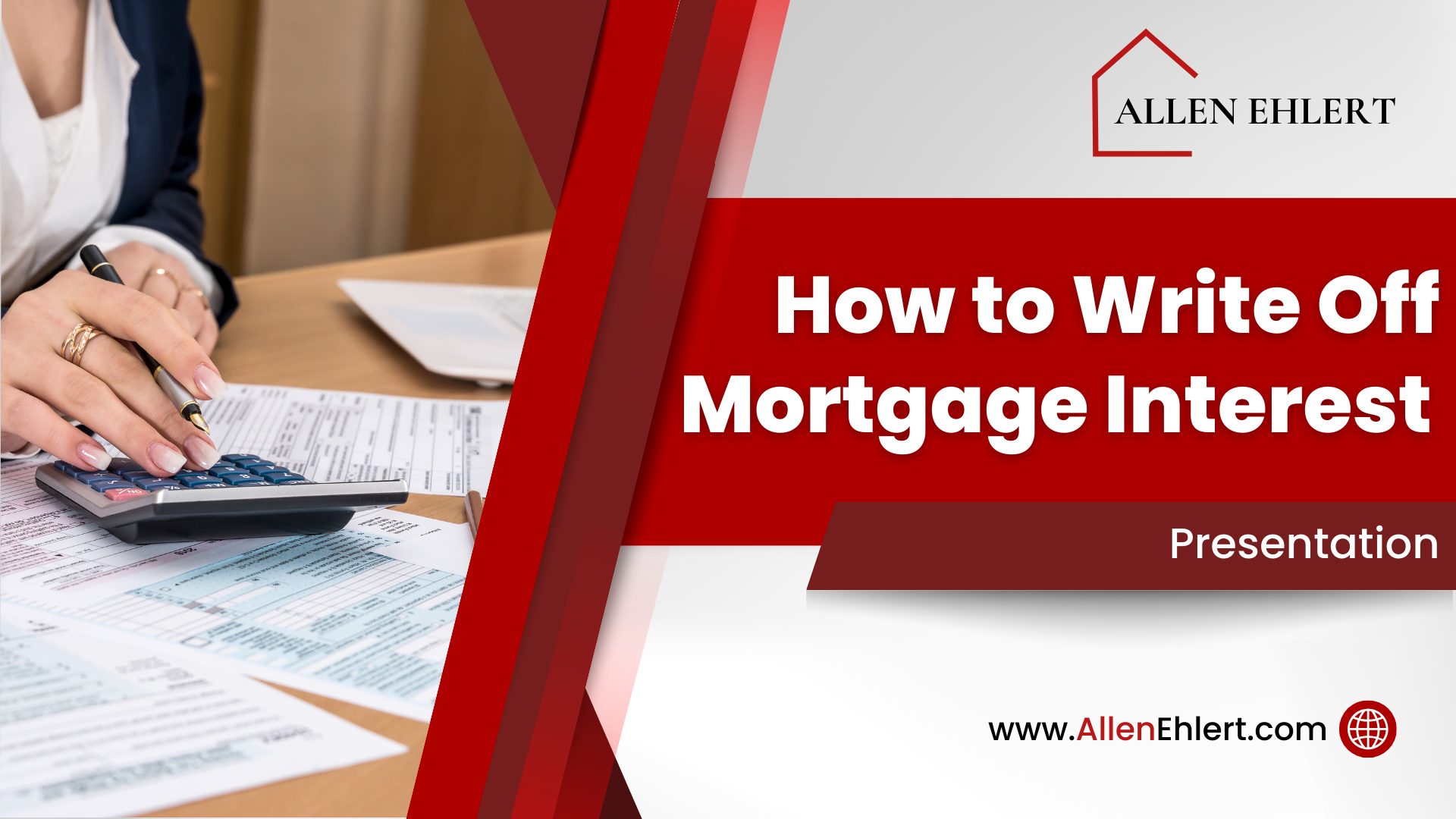With the market transitioning towards the end of rate hikes and showing anticipation of rate cuts, experts are forecasting advantages for variable rate mortgages. Let’s delve into the details to understand why now may be the perfect time to consider a variable rate mortgage. In this article, I’ll discuss:
- Anticipated Rate Cuts and Economic Outlook
- Expert insights and concerns
- Market dynamics and housing challenges
- Variable Rate Mortgages and Homeownership
- When to opt for a variable rate mortgage
- General advice on variable rate mortgages
Anticipated Rate Cuts and Economic Outlook
The market mood is currently reflecting the anticipation of rate cuts, driven by economic data indicating potential downward pressure on economic growth and inflation. It is expected that Canada will see rate cuts sooner than the US, which presents a favourable scenario for variable rate mortgages.
Expert Insights and Concerns
Experts have been discussing the impact of higher interest rates on the housing market and the economy as a whole. They remain vigilant and data-dependent, expressing concerns about the economic outlook and the potential risks associated with future refinancing waves. The balance of risks and the impact of shorter-duration mortgages have been key points of discussion.
Market Dynamics and Housing Challenges
The housing market has been experiencing complexity due to tight supply exacerbated by high demand, leading to a shortage of housing in Canada. This shortage has been acknowledged at multiple government levels and agencies. The recent decline in new listings, particularly in cities like Toronto, has raised concerns about the fundamental drivers of the housing market. However, unlike other assets and products you might buy, home prices are ‘sticky’ in that people will make sacrifices in other areas of their financial life to protect their home ownership. Further, most believe, given demand, that any dip in house prices is temporary, and given the massive amount of demand and undersupply, when rates decline as expected, home prices are likely to take off again.

Variable Rate Mortgages and Homeownership
Given the potential decline in prices and the stress in the market due to high interest rates, homeowners, especially young families, may face challenges in maintaining their homes. This scenario highlights why now, more than ever, may be the perfect time to consider a variable rate mortgage, especially with the forecasted interest rate cuts by the Bank of Canada.
Opt for a Variable Rate Mortgage When:
Lower Initial Rates:
Variable rates often start lower than fixed rates. If you’re looking to minimize initial payments, a variable rate might be more attractive.
Expecting Rate Decreases:
If economic forecasts suggest that interest rates will decrease or remain stable over the next few years, a variable rate could save you money.
Financial Flexibility:
If you have a stable and secure income with some flexibility in your budget, you might be more comfortable with the potential of rates increasing.
Short-Term Plans:
If you plan to sell your home or refinance your mortgage within a few years, you might benefit from the lower initial rates of a variable mortgage.
Risk Tolerance:
If you’re comfortable with some level of risk and the possibility that your payments could increase, a variable rate might suit you.
General Advice on Variable Rate Mortgages:
Economic Factors
Discuss with your Mortgage Agent economic forecasts, central bank policies, and interest rate trends. These can influence whether fixed or variable rates are more advantageous at any given time.
Personal Circumstances
Review with your Mortgage Agent your personal financial situation, including job security, income stability, and your overall financial goals so your Mortgage Agent can put you into the right product(s) for you.
Consult a Professional
It’s often beneficial to speak with a financial advisor and your Mortgage Agent. Accredited Financial Advisors can develop a broad financial approach, but they are not experts on the mortgage market, mortgage products, the inside with mortgage providers and private lenders, or real estate in general. Likewise, Mortgage Agents are not educated or experts on financial strategies or a holistic approach to your overall financial well-being. Financial Advisors are generalists, Mortgage Agents are specialists. Ideally, you should consult with a financial professional who is accredited in both these areas.
Remember, the decision between a fixed and variable rate mortgage is significant and should be based on a thorough analysis of your personal financial situation and the broader economic environment. Each option has its pros and cons, and the best choice depends on your individual circumstances and comfort with risk.
In conclusion, with the market shifting towards potential rate cuts and the challenges in the housing market, the timing appears ideal for exploring the advantages of a variable rate mortgage. However, it’s essential to consider individual financial circumstances and consult with a Mortgage Agent before making any decisions.












